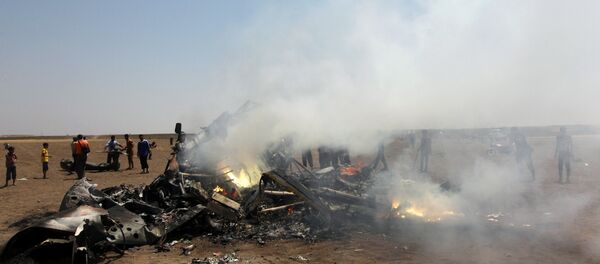Instead the US will focus on its anti-Daesh campaign since the terrorist group has created "an atmosphere of fear" and fueled instability not only in the Middle East and northern Africa, but also in Western countries that take part in counterterrorism efforts in Iraq and Syria, the media outlet noted, referring to recent terrorist attacks that rocked France and Germany.
"Europe and its security agencies do not have enough experience to thwart the wave of suicide attacks. Moreover, experts agree that 'militant jihadist' groups are increasingly active and their members have already successfully penetrated Europe's social space," the newspaper added.
The recent U-turn in Turkey's foreign policy will also be a factor that will contribute to a general shift when it comes to the Syrian conflict. Ankara has long supported radical groups trying to overthrow al-Assad, but it appears to have decided to cut aid and close borders with Syria following a botched coup attempt last month. Turkish authorities have already stated that they want to improve relations with its war-torn neighbor.
Saudi Foreign Minister "Adel al-Jubeir was the only one who repeated that al-Assad must go at the Arab League summit in Nouakchott, Mauritania, as if it were a mantra," Raialyoum noted. But "his words fell on deaf ears."
Last week, Russia's envoy to the United Nations in Geneva Alexey Borodavkin also mentioned the fate of Bashar al-Assad, saying that "as far as we understand the United States is no longer talking about Assad's immediate departure."
Washington's updated stance on the issue, he added, focuses on saying that al-Assad "supposedly does not have a political future in Syria, but [the Americans] are not demanding that he resigns right away."




